By Chanaka Bandarage
If the intention of the program is to make Sri Lanka clean, it is a fantastic idea.
Sri Lanka is perhaps the cleanest country in South Asia, but it is one of the dirtiest in South East Asia (Sri Lanka can also be categorised as part of South East Asia).
The problem is that through this program, the government seems to be trying to achieve all or most of its policy objectives – social, environmental, economic, ethical etc.
The 3 main elements of the program are: ‘Socially, Environmentally and Ethically’.
According to a communique by the Ministry of Media, the program’s objectives are –
“The programme is designed to foster the social, environmental, and ethical awakening of the country while strengthening environmental, economic and social sustainability. It also aims to enhance the efficiency of state machinery to ensure the successful realisation of its objectives.”
This raises the doubt whether or not the program is messy/complicated.
Is the government trying to kill many birds with one stone? Then, sadly, the program would fail.
Through ‘Clean Sri Lanka’, the government ought to concentrate on cleaning the environment (‘Clean Sri Lanka’ literally means cleaning of Sri Lanka).
If the government wants to ‘clean’ the society, ethics (they are not part of the government’s ambit anyway), there are other ways to achieve them. The same applies to achieving economic sustainability.
During the recent parliamentary election campaign, the National People’s Power (NPP) asked people to elect a maximum number of members for them, so that the parliament can be ‘cleaned up’. People reciprocated by electing 159 MPs. How well it is doing this cleaning, we have seen in the ‘Qualifications Gate’ and various other rorts that emerge frequently.
In the past 76 years, the governments have introduced various National Programs – from Dudley Senanayake to Gotabhaya Rajapakse. The readers are well aware of them.
All of them started off with big bangs, but ended in flops.
On 1 January 2025, this government initiated ‘Clean Sri Lanka’ with a bash where the county’s ‘top most luminaries’ attended. If anything important of the government happens, there are ‘elite’ individuals who turn up. It is nice if the grassroots level fathers and mothers were invited; they are the people who are going to do the hard yards.
Again, the government’s initiative – ‘Clean Sri Lanka’ is very good, but its focus must be solely on cleaning the environment. It is ludicrous to expect it to clean everything (all) in one program – society, economy, ethics etc.
An earlier government document mentioned that the program will only be for a limited time. We note that part is now withdrawn. This is good.
‘Clean Sri Lanka’ must be an ongoing one. There is so much to clean; cleaning never ends.
It is not sure how exactly the government is going to do the program. The government has not well articulated its action plan. We note that a Presidential Task Force has been appointed (another white elephant?)
How much will be the total budget? Must be running into many millions. Will there be a sufficient return for the money spent?
The government is going to utilise its Development Officers to run the scheme. Those officers will be attached to the President’s Office and stationed at the Presidential Secretariat in Fort. According to the job advertisement, they must possess a postgraduate degree. Why?
Like how the previous governments have done in similar clean-up campaigns, this government is also gearing up to use the Army, Navy, Air Force, Police and Civil Defence force to do the leg work (ie, the clean-up). This is a sham.
It must be a massive people’s movement. That momentum is still not there.
If prominence is given to ‘elites’, the public may not participate. After the ‘Aragalaya’ we all are one now.
When Gotabaya won, thousands of young people turned up to draw graffiti on public walls. The public cheered for them. That was spontaneous action.
There is so much affection for AKD in the country; surely people will come in droves.
The President and his cabinet must practically participate in the works.
For the program to succeed, the President must declare that every first Saturday of the month is the ‘Clean Sri Lanka Community Clean Up Day’, from 8 am to 11 am. All vehicular traffic must be stopped for those 3 hours.
All Sri Lankans aged 18 to 65 must participate. Those who are medically unfit must be excused.
As people are clever at dodging, the participation of each adult must be made compulsory. Those who abscond must be subject to a severe fine.
But, if the government wants to do it purely on a voluntary basis, then the mass involvement of people through ‘Shramadana’ is the best way. The late Dr A.T. Ariyarathne’s Shramadana movement of the 60s and 70s come to mind. It was so successful. This second method is not as good and effective as the first.
The government has given an English title to the program. This is bizarre. We are no longer a British colony. The government must know that there are millions of Sri Lankans who do not understand any English. Some cannot even read and write in their own native language – Sinhala or Tamil. Appropriately, the title should be in all 3 languages – ‘ පිරිසිඳු ශ්රී ලංකා, Clean Sri Lanka and சுத்தமான இலங்கை. Even in the Sinhala Development Officers job advertisement, it only states ‘Clean Sri Lanka’.
*The writer is an international lawyer and was the Principal Barrister-at-Law in a prominent Australian law practice.
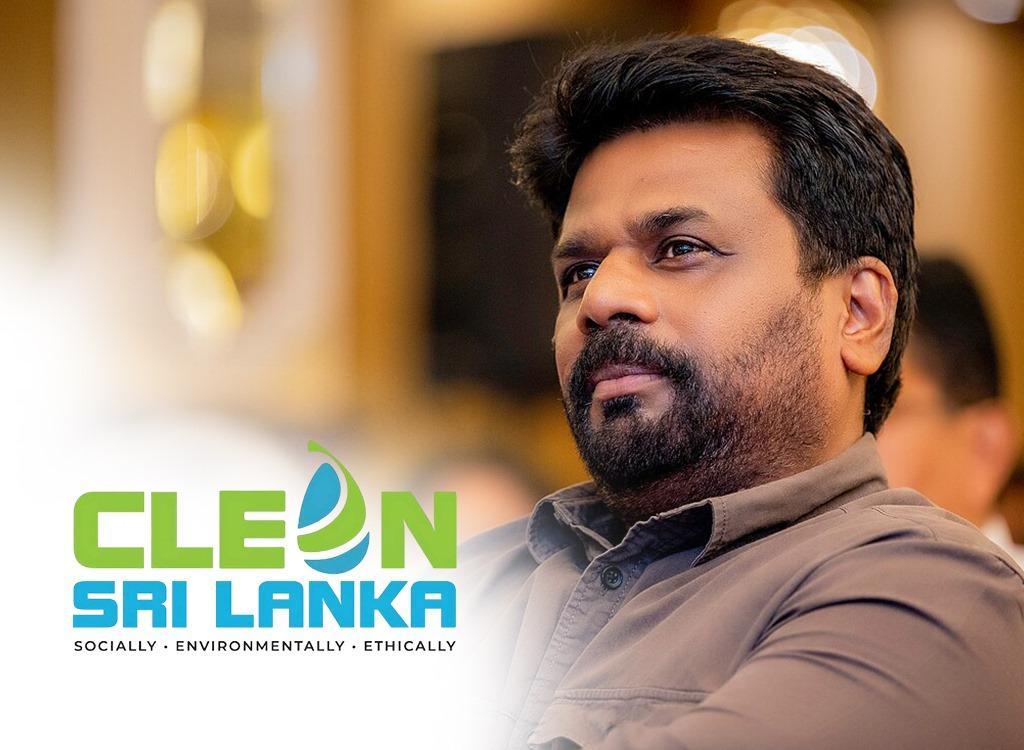

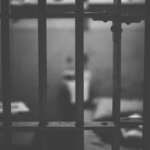
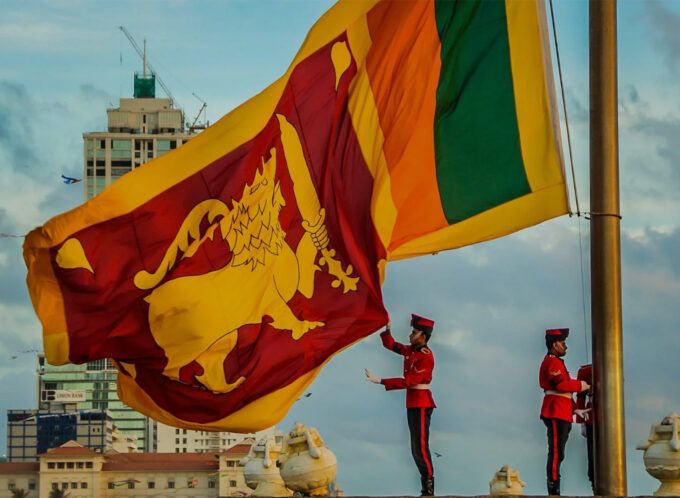
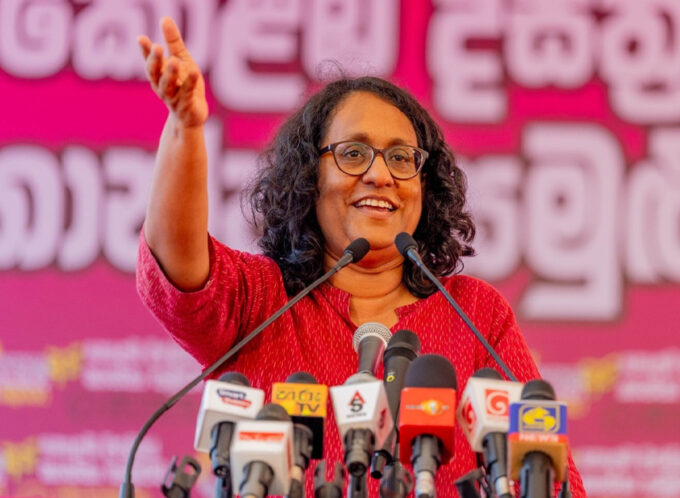
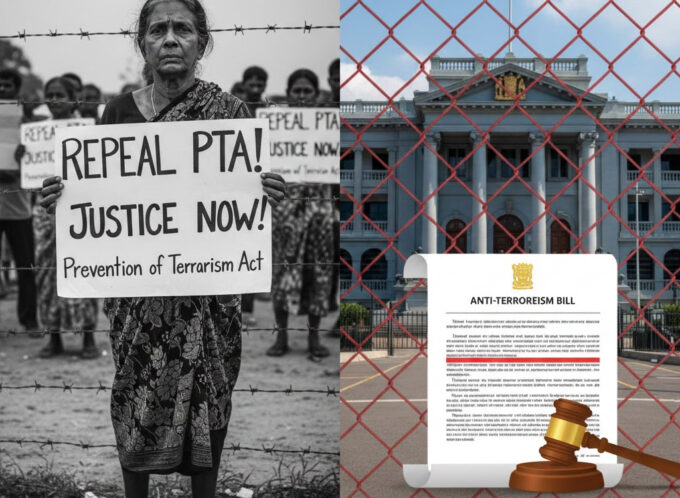
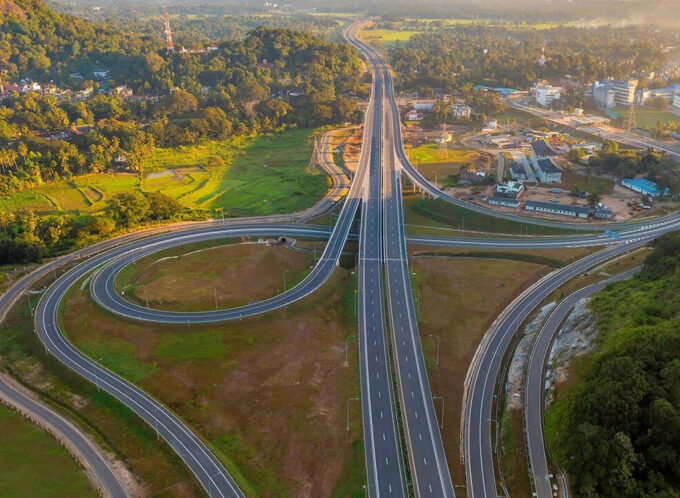

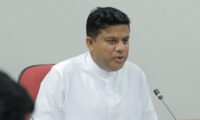
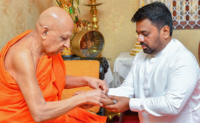

Leave a comment